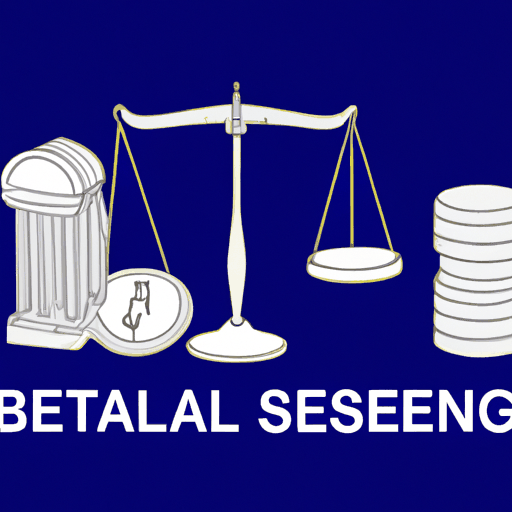
SEC Potentially Opposes FTX Estate's Plan to Pay Creditors in Stablecoins
By: Eliza Bennet
The ongoing saga of FTX's bankruptcy has hit another potential roadblock as the U.S. Securities and Exchange Commission (SEC) expressed reservations regarding the estate's proposal to pay creditors using stablecoins. According to a recent filing, the regulatory body has stated that it 'reserves its rights' to object to the administrators' plan.
The proposal, made by the administrators overseeing the FTX bankruptcy estate, seeks to leverage crypto assets, specifically stablecoins, to settle debts owed to creditors. This strategic move is aimed at capitalizing on the relatively stable value of these digital currencies to ensure a more predictable and less volatile repayment process. However, the SEC's reservations may complicate this approach.
The contention stems from broader regulatory concerns surrounding the use of cryptocurrencies in financial settlements. Stablecoins, while designed to be less volatile than other cryptocurrencies like Bitcoin or Ethereum, still operate under a relatively new and evolving legal framework. The SEC's potential challenge underscores the complexity of integrating such assets into formal financial resolutions.
Industry experts are closely monitoring the situation as it unfolds. The outcome of this controversy could have significant implications not only for stakeholders involved in the FTX bankruptcy case but also for the broader acceptance and utility of stablecoins in financial operations. Click here to read more about the SEC's role and ongoing initiatives in regulating cryptocurrencies.



